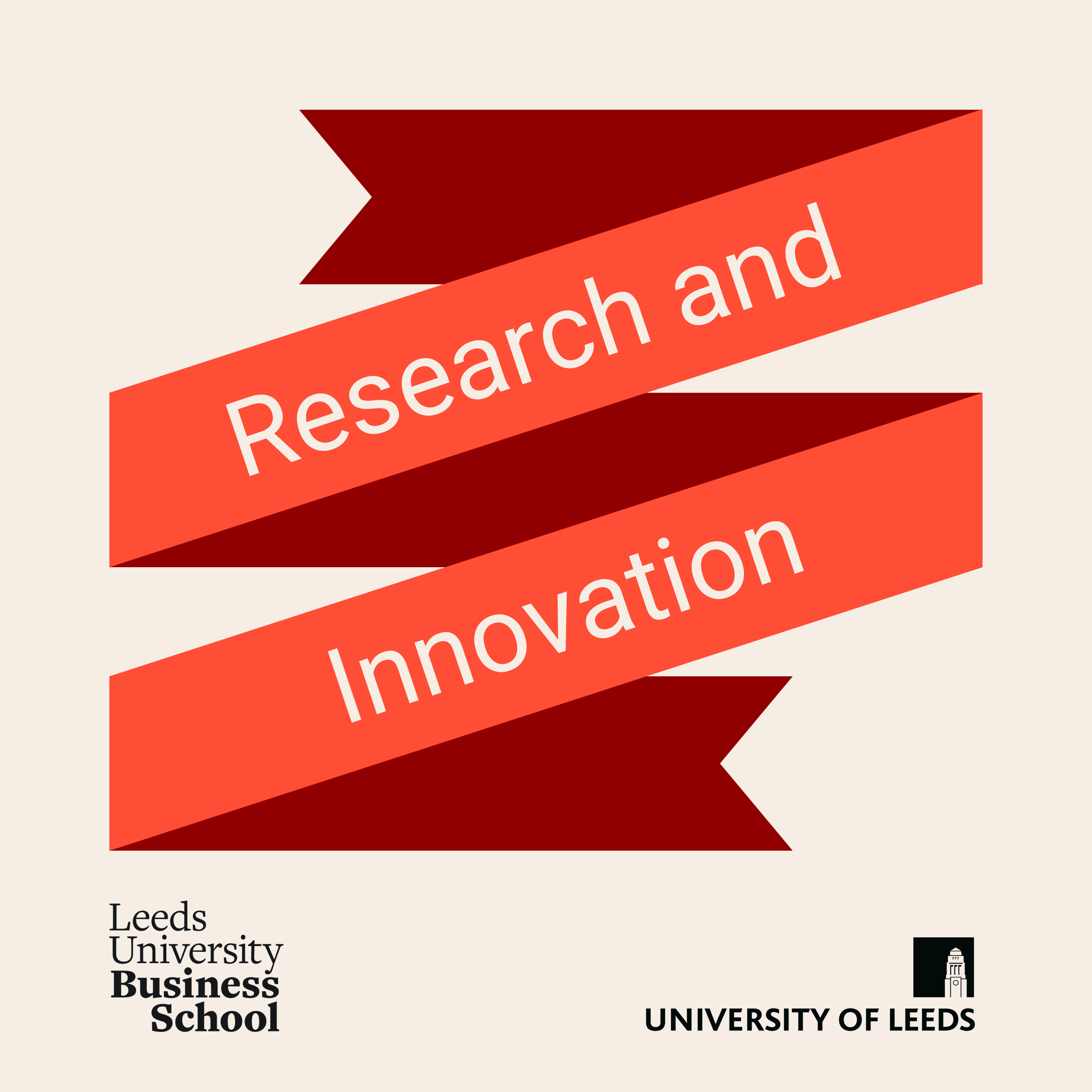full
How museums can use interactive virtual tours to engage with the public and increase donations
Published on:
27th July, 2020
Due to the COVID-19 pandemic, museums have had to close their doors to the public during lockdown. Dr Aulona Ulqinaku (University of Leeds) and Anastasia Nanni (Bocconi University) have conducted research that shows that museums could use interactive virtual tours to engage with technology-minded people and increase their willingness to donate to the museum.
This podcast episode was recorded remotely in July 2020. If you would like to get in touch regarding this podcast, please contact research.lubs@leeds.ac.uk. Alternatively, you get in touch with Aulona (@aulona_ulqinaku) and Anastasia (@ania1818) on Twitter. A transcript of this episode is available at: https://business.leeds.ac.uk/downloads/download/189/podcast_episode_9_-_transcript
About the speakers: Dr Aulona Ulqinaku is a lecturer of Marketing at Leeds University Business School. Her research interests cover the effect of psychological threats (such as low self-esteem, social exclusion, fear of death, nihilism, etc) on individuals and their consumption preferences and choices.
Anastasia Nanni is a Ph.D. candidate in Business Administration and Management in Marketing at the Bocconi University, Milan. Her research focuses on the effects of technological innovation on customers, employees and firm in different service encounters.
